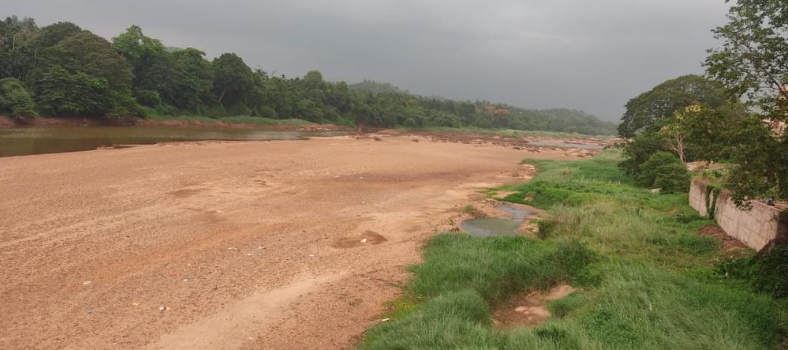Centre Finally Greenlights Karnataka Climate Action Plan after 3-Year Wait; But Implementation is Key (GS Paper 3, Environment)

Context
- Amidst mounting climate challenges, Karnataka's long-awaited climate action plan receives central approval, signaling a pivotal step in addressing the state's climate vulnerabilities.
- However, the true test lies in the effective execution of the Karnataka State Action Plan for Climate Change (KSAPCC), necessitating concerted efforts and robust implementation strategies.
Key Components of the Climate Action Plan
- The KSAPCC, meticulously crafted by the Environment Management and Policy Research Institute (EMPRI) in 2021, outlines a comprehensive roadmap encompassing diverse sectors.
- With an estimated budget of Rs 52,827 crore spanning from 2025 to 2030, the plan delineates measures across agriculture, horticulture, forestry, rural development, and more.
- Notably, emphasis is placed on initiatives such as afforestation and renewable energy adoption to bolster climate resilience.
Urgency of Implementation
- The plan advocates for a multi-sectoral approach and underscores the urgency of swift implementation.
- The state renewable energy department stands ready to initiate action post the lifting of the Model Code of Conduct (MCC) following the electoral outcomes on June 4, 2024.
- Prompt execution is deemed critical to address pressing climate concerns and safeguard the state's environmental integrity.
Karnataka's Proactive Stance
- Karnataka's proactive stance in formulating the climate action plan positions it as a frontrunner in climate resilience efforts.
- As one of the first states to receive approval from the Union Ministry of Environment, Forests, and Climate Change (MOEF&CC), Karnataka demonstrates a steadfast commitment to combatting climate change challenges.
Navigating Climate Extremes
- The state grapples with a stark dichotomy of climate extremes, experiencing floods in southern districts juxtaposed with droughts in northern and eastern regions.
- Effective implementation of the climate action plan necessitates a holistic approach, encompassing water conservation, afforestation, sustainable agricultural practices, and urban planning reforms to address these challenges.
Collaborative Efforts and Stakeholder Engagement
- Effective climate action requires collaboration among key stakeholders, including government bodies, experts, and corporations. Financial institutions advocate for leveraging Corporate Social Responsibility (CSR) funds to bolster climate resilience initiatives.
- Collaboration between central and state authorities remains imperative to expedite climate resilience measures.
Overcoming Political Hurdles
- The delay in plan approval amidst political tensions underscores the urgency of addressing climate change as a global imperative transcending political boundaries.
- While the state government emphasizes prompt action, fostering intergovernmental cooperation is essential to expedite climate resilience measures and ensure sustainable development.
Conclusion
- As Karnataka embarks on its climate action journey, prioritizing effective implementation and fostering collaboration are paramount to mitigate climate risks and foster environmental sustainability.


